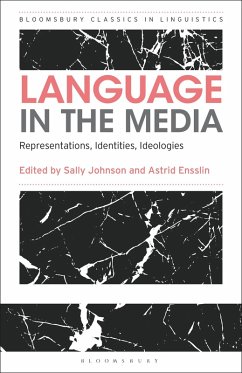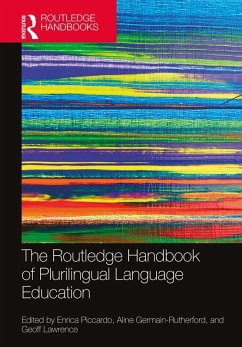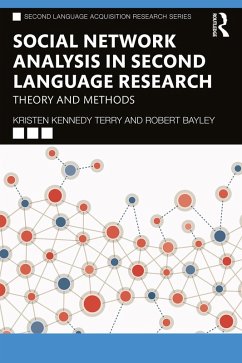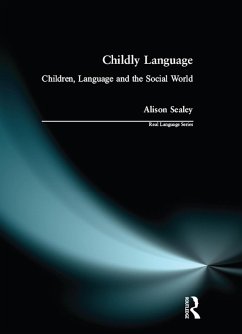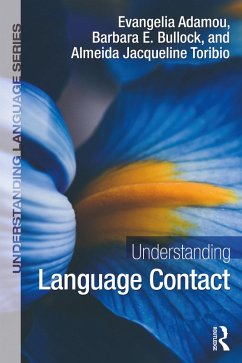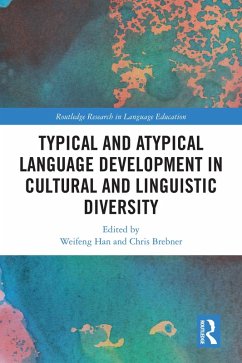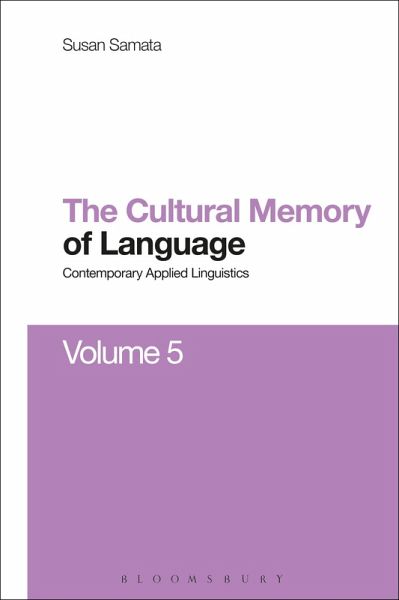
Cultural Memory of Language (eBook, ePUB)
Contemporary Applied Linguistics Volume 5
Versandkostenfrei!
Sofort per Download lieferbar
31,95 €
inkl. MwSt.
Weitere Ausgaben:

PAYBACK Punkte
16 °P sammeln!
"I can't even speak my own language," were the words overheard in a college staffroom that triggered the writing of this book. Calling something 'my own' implies a personal, proprietorial relationship with it. But how can it be your own if you cannot speak it? The Cultural Memory of Language looks at unintended monolingualism - a lack of language fluency in a migratory cultural situation where two or more languages exist at 'home'. It explores family history and childhood language acquisition and attrition. What is the present everyday experience of language use and life between two cultures? ...
"I can't even speak my own language," were the words overheard in a college staffroom that triggered the writing of this book. Calling something 'my own' implies a personal, proprietorial relationship with it. But how can it be your own if you cannot speak it? The Cultural Memory of Language looks at unintended monolingualism - a lack of language fluency in a migratory cultural situation where two or more languages exist at 'home'. It explores family history and childhood language acquisition and attrition. What is the present everyday experience of language use and life between two cultures? Examining interview data, Samata uncovers a sense of inauthenticity felt by people who do not fully share a parent's first language. Alongside this features a sense of concurrent anger, and a need to assign blame. Participation in the language, even to the extent of phatic or formulaic phraseology, occasions feelings of authentic linguistic and cultural inclusion. The book thus uncovers appreciable (and measurable) benefits in positive self-image and a sense of well-being. Looking at how people view language is essential - how they view the language they call their own is even more important and this book does just that in a qualified applied linguistic environment.




